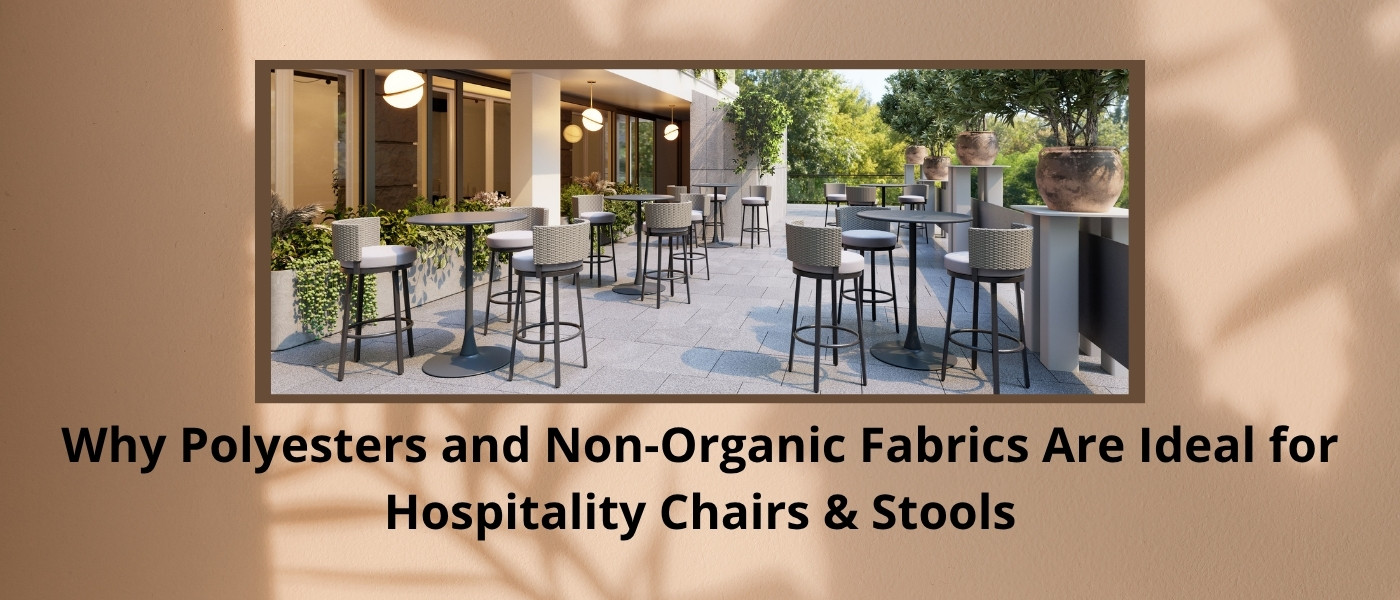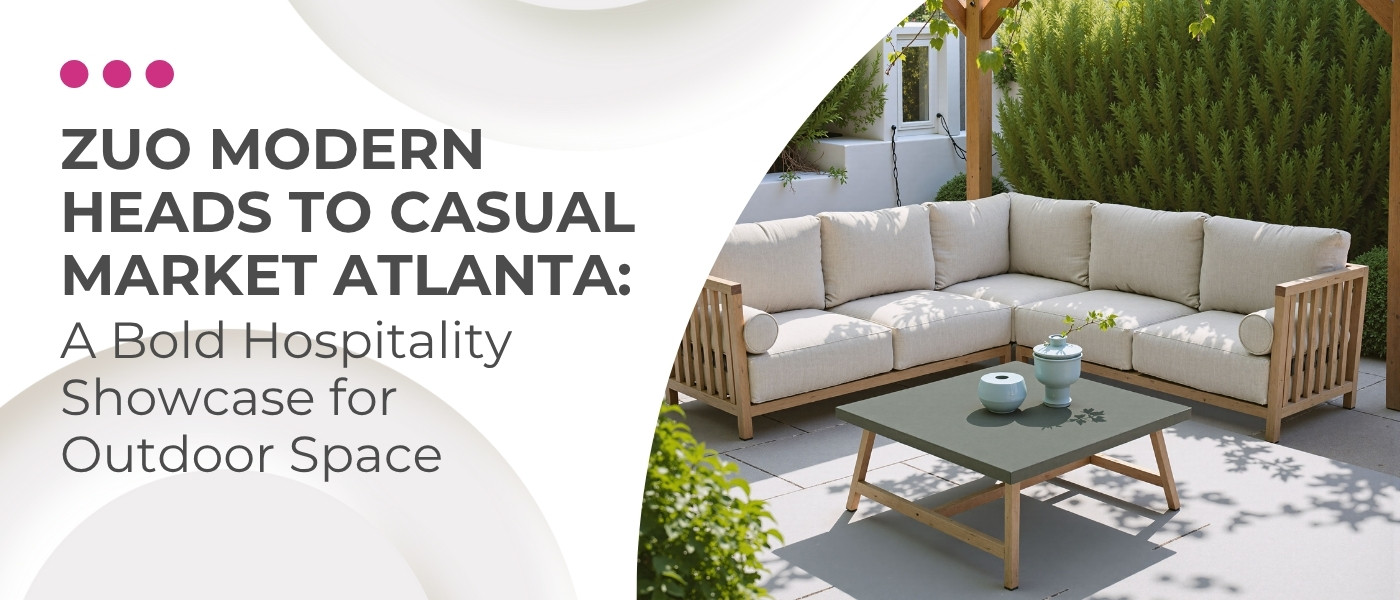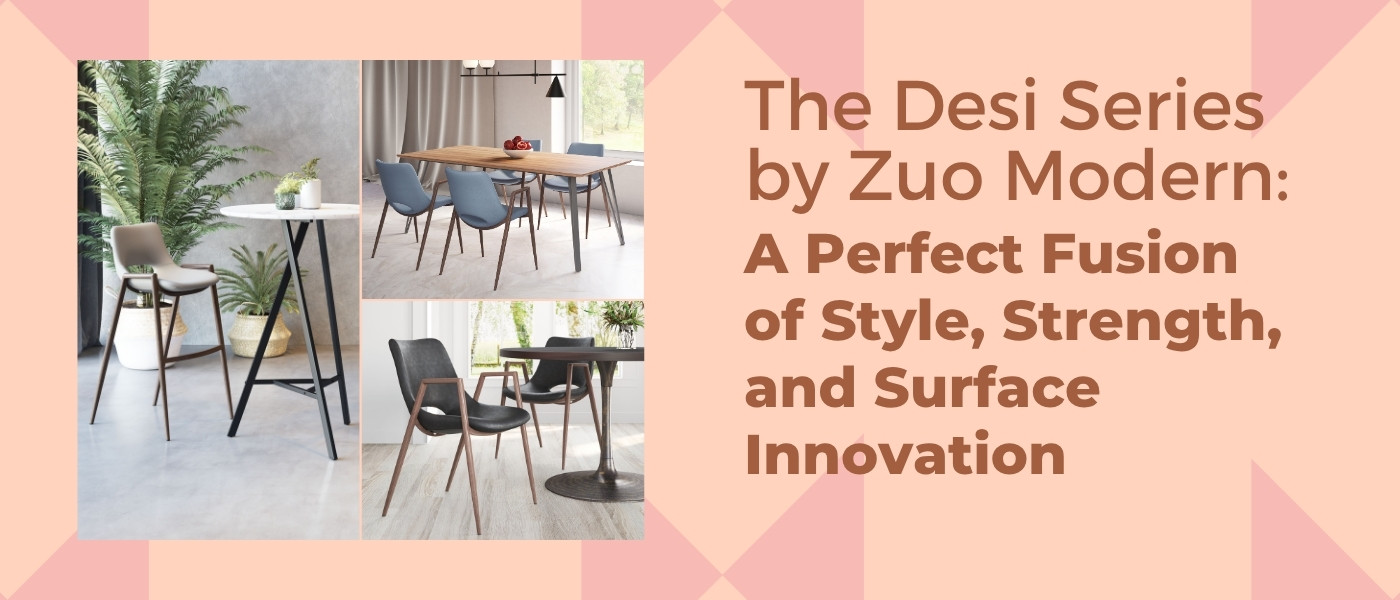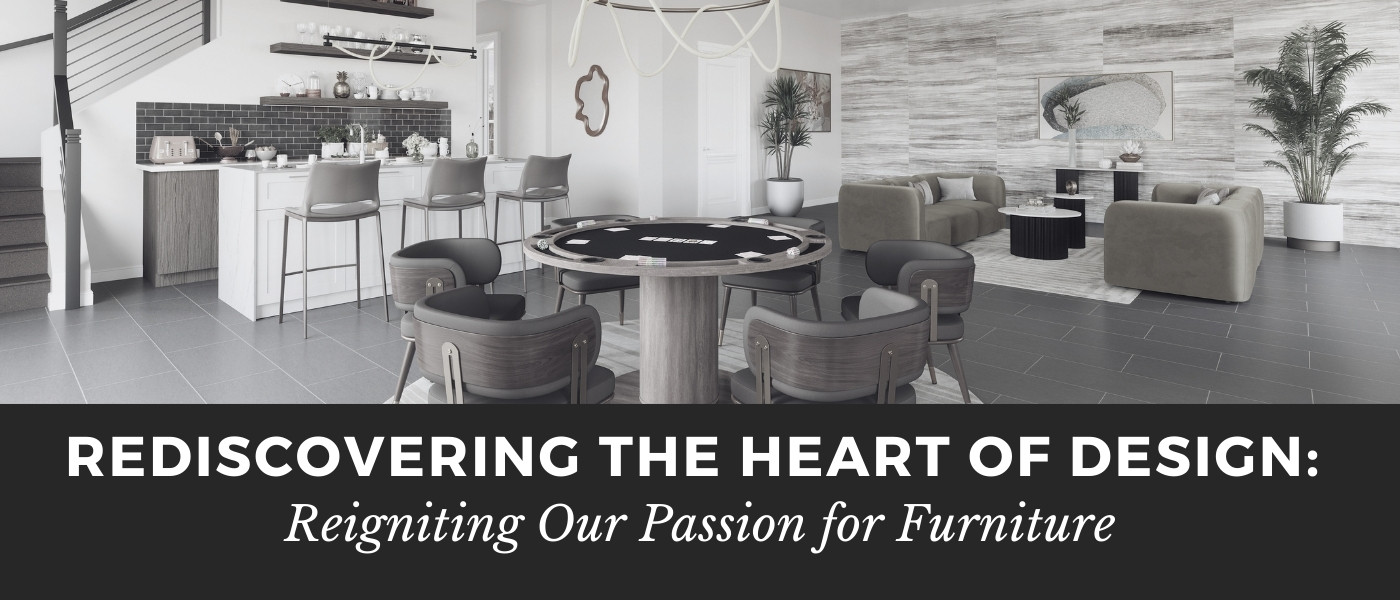Why Polyesters and Non-Organic Fabrics Are Ideal for Hospitality Chairs & Stools
Why Polyesters and Non-Organic Fabrics Are Ideal for Hospitality Chairs & Stools

The hospitality industry demands furniture that maintains elegance under constant use. Chairs and stools must endure spills, scuffs, cleaning cycles, and heavy traffic—all while preserving premium aesthetics. Polyester and other non-organic (synthetic) fabrics excel in this demanding environment. Below, we illustrate how they outperform natural materials in durability, maintenance, cost-efficiency, design flexibility, and sustainability, drawing on real furniture examples from Zuo Modern.
1. Exceptional Durability for High Traffic Use
Hospitality venues like hotels, restaurants, and bars host daily foot—with guests sitting, shifting, and moving constantly. Fabric must resist wear, abrasion, and fraying over thousands of uses.
• Hospitality-grade design
Zuo Modern’s hospitality line is explicitly “engineered to withstand high traffic environments”. • Toughstay performance
Chairs like the Adage Dining Chair Beige feature 100% polyester upholstery on a powder-coated steel frame—designed for durability and easy cleaning in busy settings. • Stain and snag resistance
Polyester’s tightly woven polymers resist snagging and abrasion far better than delicate natural fibers like cotton or linen.
2. Moisture Resistance and Easy Maintenance
Hospitality venues constantly encounter spills and moisture. Furniture must resist stains and clean up easily to preserve appearance and prolong life.
• Water-resistance built-in
The Adage Dining Chair is described as water-resistant, highlighting its suitability for environments where spills are common. • Stain resistance
Chairs like the Adage Dining Chair Beige The Adage Dining Chair is described as water-resistant, highlighting its suitability for environments where spills are common. • Cleaning efficiency
Most polyester pieces resist stains and can be spot-cleaned with minimal effort, reducing downtime and costly cleaning cycles.
3. Cost Effectiveness Over Time
While premium natural fabrics may appear luxurious, their upkeep in commercial settings can become costly.
• Longer service life
Polyester’s resilience minimizes replacements, protecting ROI over time. • Lower maintenance costs
Reduced need for specialized cleaning solutions or frequent fabric replacements makes polyester a budget-friendly choice in the long haul. • Competitive pricing
Zuo Modern offers stylish polyester-upholstered seating at accessible price points (e.g., Adage, Daniel, Bremor chairs), ideal for high-volume hospitality procurement.
4. Consistency in Color & Finish
Natural fibers often vary, with tones shifting across batches. Hospitality spaces demand cohesive visual language across seating.
• Uniform color and texture
Synthetics offer color continuity across hundreds of units—no dye variation. • UV stability
Coated polyester resists fading from exposure to indoor lighting and indirect sun—unlike cotton or wool which degrade over time.
Example: The Daniel Dining Chair Gray , crafted from polyester, ensures consistent color tone and lightfastness .
5. Design Versatility: Texture, Feel, and Style
Advanced manufacturing allows synthetics to mimic luxurious textures typically associated with natural materials.
• Shearling-style comfort
The Blanca Counter Stool Ivory and Josephine Dining Chair Cream feature soft, shearling-like polyester fabrics that feel plush and chic. • Velvet look and feel
The Tony Barstool Red & Gold uses velvet polyester upholstery, delivering glamour without fragility—great for bar and lounge settings. • Chenille elegance
The Kede Dining Chair Green Tweed, crafted in 100% polyester chenille, combines classic texture with stain resistance.
6. Structural Compatibility & Construction Benefits
Synthetics are lighter and easier to integrate into modern furniture structures.
• Supporting a strong frame
Polyester upholstery pairs seamlessly with steel frames and plywood cores, striking a balance of comfort and strength—as seen in Adage, Byron, and Bremor chairs. • Lightweight and adaptable
Synthetic fabrics can stretch cleanly over curved frames for ergonomic designs—unlike stiffer naturals.
7. Sustainability Edge
Every industry is reevaluating sustainability. Synthetics offer unexpected advantages here:
• Recycled content
Many polyester fabrics are made with recycled PET from water bottles, reducing environmental impact. • Reduced chemical processing
Advanced dyeing and printing techniques for polyester reduce water usage relative to cotton and wool finishing. • Longevity reduces waste
Durable fabrics extend product life, reducing replacement frequency and landfill impact.
8. Contrast With Natural Fabrics To illustrate the contrast, here’s a side-by-side look:
9. Hospitality-Grade Case Studies from Zuo Modern
Let’s explore specific Zuo Modern products highlighted earlier: • Adage Dining Chair Beige
– features 100% vinyl and water-resistant steel/powder-coated frame, tailored for high-traffic hospitality use. • Byron Dining Chair Gray
combines powder-coated steel with vinyl or polyester fabric, offering sleek look with sturdy performance. • Bremor Dining Chair Beige
– uses vinyl/resilient polyester upholstery on a steel frame—built for frequent, rugged use in restaurants. • Blanca Counter Stool Ivory and Josephine Dining Chair
– both use shearling-style polyester fabric for hospitality comfort wrapped in durable frames. • Tony Barstool Red & Gold
– finished in velvet polyester, elevating glamorous atmospheres with easy maintenance. • Kede Dining Chair Green Tweed
– offers classic chenille texture in polyester, keeping spaces refined yet resilient.
Feature
Natural Fabrics (Cotton, Linen, Wool)
Synthetic Fabrics (Polyester & Others)
Durability
More prone to abrasion, tears, and pilling
Highly resistant; polyester endures heavy use
Moisture Resistance
Absorbs spills, prone to staining
Hydrophobic; repels water, oils, and stains
Cleaning Ease
May require dry-cleaning or special care
Easily spot-cleaned; machine-washable in many cases
Cost Lifecycle
Higher maintenance and replacement costs
Lower total cost due to longevity and low upkeep
Visual Consistency
Batch variations, prone to fading
Colorfast with uniform appearance across sets
Texture & Finish Options
Limited structural forms
Able to mimic shearling, velvet, chenille, smooth finishes
Sustainability
Natural but may consume more resources
Many options use recycled content; waste reduced
10. Addressing Common Misconceptions
1. “Natural is always better.”
While cotton, linen, or wool may feel luxurious, they often underperform in hospitality due to wear, staining, and maintenance issues. 2. “Synthetics look cheap.”
Advances in fabric engineering allow polyester to imitate premium textures (velvet, shearling, tweed) at lower cost, with greater durability. 3. “Synthetics are environmentally harmful.”
Today, many polyester fabrics are made partly or fully from recycled PET, reducing landfill use. Plus, their longer lifespan means less frequent replacements.
11. Choosing the Right Fabric for each Environment
For high-use dining areas:
Opt for plain polyester or vinyl blends on sturdy steel frames—Adage, Daniel, and Bremor are clear winners. For lounge or bar zones:
Velvet-polyester (Tony) or shearling-style (Blanca, Josephine) create upscale ambiance with user-friendly durability. For upscale ambiance with subtle texture
Chenille tweed fabrics (Kede) combine elegance and practicality—perfect for boutique hotel restaurants.
12. A Strategic Choice That Pays Dividends
By choosing polyester and synthetic fabrics, hospitality operators and designers ensure:
-
1. Longevity – fewer replacements mean savings and less waste.
-
2. Low maintenance – fast cleaning helps maintain presentation.
-
3. Consistent aesthetics – no batch mismatches.
-
4. Textural diversity – stylish interiors without compromise.
Products from Zuo Modern exemplify this synergy of form and function.
13. In Closing
Polyester and synthetic upholstery —when thoughtfully designed—offer a superior solution for hospitality seating. They balance style, strength, and stewardship, delivering environments that look and feel premium while standing up to real-world use. From the sleek Adage to the glamorous Tony, each Zuo Modern chair or stool shows how today’s synthetics elevate both performance and aesthetics in contract furnishings. If you’re seeking chair and stool seating that checks all the boxes—durable, easy to maintain, visually consistent, design-forward, and budget-wise—polyester and non-organic fabrics are the proven answer for hospitality environments.
Explore more on Zuo Modern’s hospitality collection at www.zuomod.com, where innovation meets performance.
About Zuo Modern
Zuo Modern is a global brand offering a full range of stylish, affordable furniture for residential, office, and hospitality spaces. Known for its fast shipping, broad inventory, and design-forward collections, Zuo supports industry professionals with tools that make sourcing simple and dependable.
Email us at hello@zuomod.com with any questions.
Or give us a call at 510-877-4087 (Mon–Fri: 5:00 AM–5:00 PM PT)



